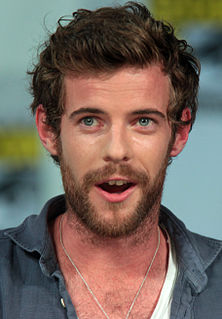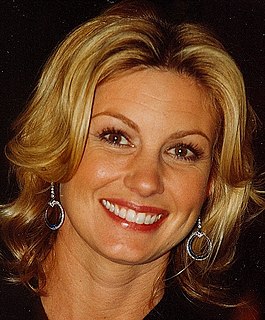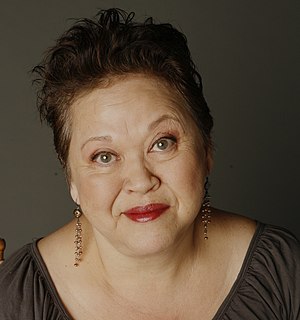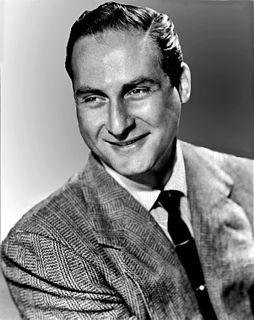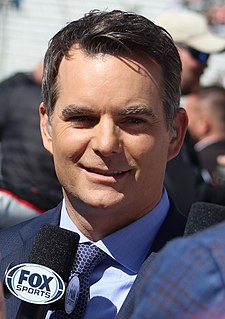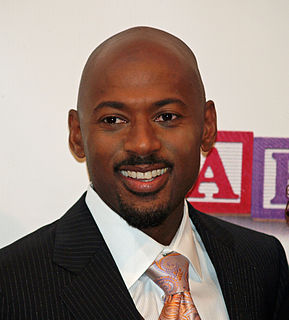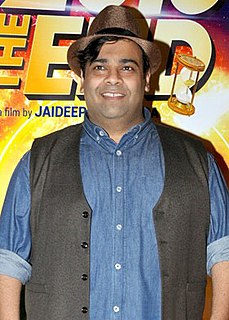A Quote by Harold Ramis
Groundhog Day was pretty clean. It may have to do with some puritanical feeling that comedy is a forbidden pleasure in a certain way. They make you laugh, and laughter is somehow an inferior emotion to tragedy.
Related Quotes
The first purpose of comedy is to make people laugh. Anything deeper is a bonus. Some comedians want to make people laugh and make them think about socially relevant issues, but comedy, by the very nature of the word, is to make people laugh. If people aren't laughing, it's not comedy. It's as simple as that.
There are certain times when you can maybe intimidate certain people to force them to make a mistake. There are other people you know that you've got to make a clean pass. I try to make clean passes. That's something that I've been doing since I was 7 years old and that's the way I like to do it. It doesn't mean I always do it that way, but that's the way I prefer to do it.

